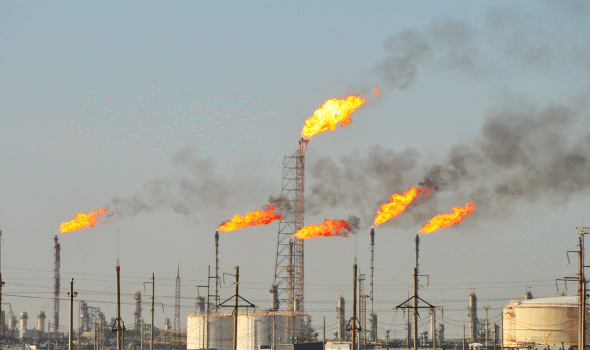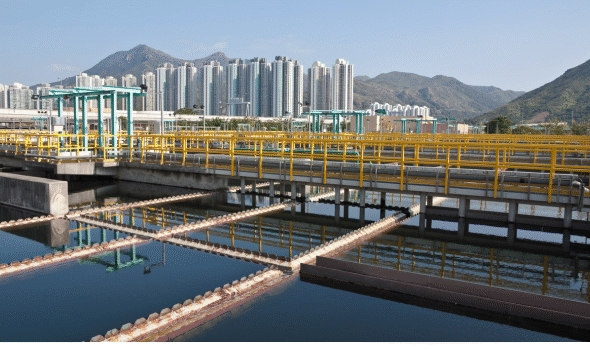INTRODUCTION:
Effective reservoir engineering and management form the backbone of oil and gas exploration and production, determining the profitability and sustainability of upstream operations. Reservoir engineers play a critical role in understanding subsurface reservoirs, optimizing hydrocarbon recovery, and implementing techniques that maximize asset value while minimizing environmental impact.
The increasing complexity of reservoirs and advancements in technology demand a sophisticated approach to reservoir characterization, simulation, and management. Professionals in this field must possess strong technical expertise and the ability to interpret dynamic reservoir behaviors to inform strategic decisions.
The course also addresses modern challenges, including unconventional reservoirs, enhanced oil recovery (EOR) techniques, and the application of digital tools like artificial intelligence in reservoir management. Participants will learn to evaluate the economic implications of different reservoir strategies, ensuring alignment with business goals and operational objectives.
Environmental stewardship is another focus area, with discussions on sustainable reservoir management practices and their impact on regulatory compliance. By incorporating sustainable strategies, participants will be equipped to meet the growing demand for environmentally responsible energy production.
COURSE OBJECTIVES:
- Provide a detailed understanding of reservoir characterization, simulation, and management.
- Enhance knowledge of reservoir fluid and rock properties and their influence on performance.
- Introduce modern techniques for optimizing hydrocarbon recovery and field development.
- Equip participants with the skills to analyze reservoir performance and forecast production.
- Explore the application of enhanced oil recovery methods for maximizing recovery rates.
- Highlight the role of digital tools, such as AI and machine learning, in reservoir management.
- Emphasize sustainable practices for environmentally conscious reservoir operations.
COURSE OUTLINE:
Module 1: Fundamentals of Reservoir Engineering
- Introduction to reservoir types and their characteristics
- Reservoir fluid and rock properties and their significance
- Understanding pressure, temperature, and phase behavior
- Basics of porosity, permeability, and saturation
Module 2: Reservoir Performance and Simulation
- Techniques for analyzing reservoir performance
- Overview of material balance methods
- Application of reservoir simulation models
- Integrating geological and geophysical data in simulations
Module 3: Enhanced Oil Recovery (EOR) Techniques
- Principles and practices of primary, secondary, and tertiary recovery
- Overview of chemical, thermal, and gas injection methods
- Evaluating EOR potential for different reservoir types
- Case studies on successful EOR applications
Module 4: Reservoir Management Strategies
- Designing field development plans
- Monitoring reservoir performance using production data
- Application of waterflooding and infill drilling techniques
- Balancing production optimization with cost and environmental considerations
Module 5: Unconventional Reservoirs and Digital Solutions
- Characteristics and challenges of unconventional reservoirs
- Hydraulic fracturing and its role in unconventional resource extraction
- Introduction to AI, machine learning, and data analytics in reservoir management
- Digital twins and their application in optimizing reservoir operations
Module 6: Economic and Environmental Considerations
- Cost-benefit analysis of reservoir management strategies
- Forecasting reserves and production economics
- Environmental impacts of reservoir operations
- Best practices for sustainable reservoir management
TARGET AUDIENCE:
- Reservoir engineers and petroleum engineers involved in field operations.
- Geoscientists working on reservoir characterization and data integration.
- Technical managers overseeing reservoir performance and asset optimization.
- Production engineers and technologists focused on enhancing recovery rates.
- Professionals in upstream oil and gas operations seeking advanced knowledge in reservoir management.
- Environmental officers and regulatory personnel involved in sustainable reservoir practices.
VENUE: London
DURATION: 1 week
DATE: Open









